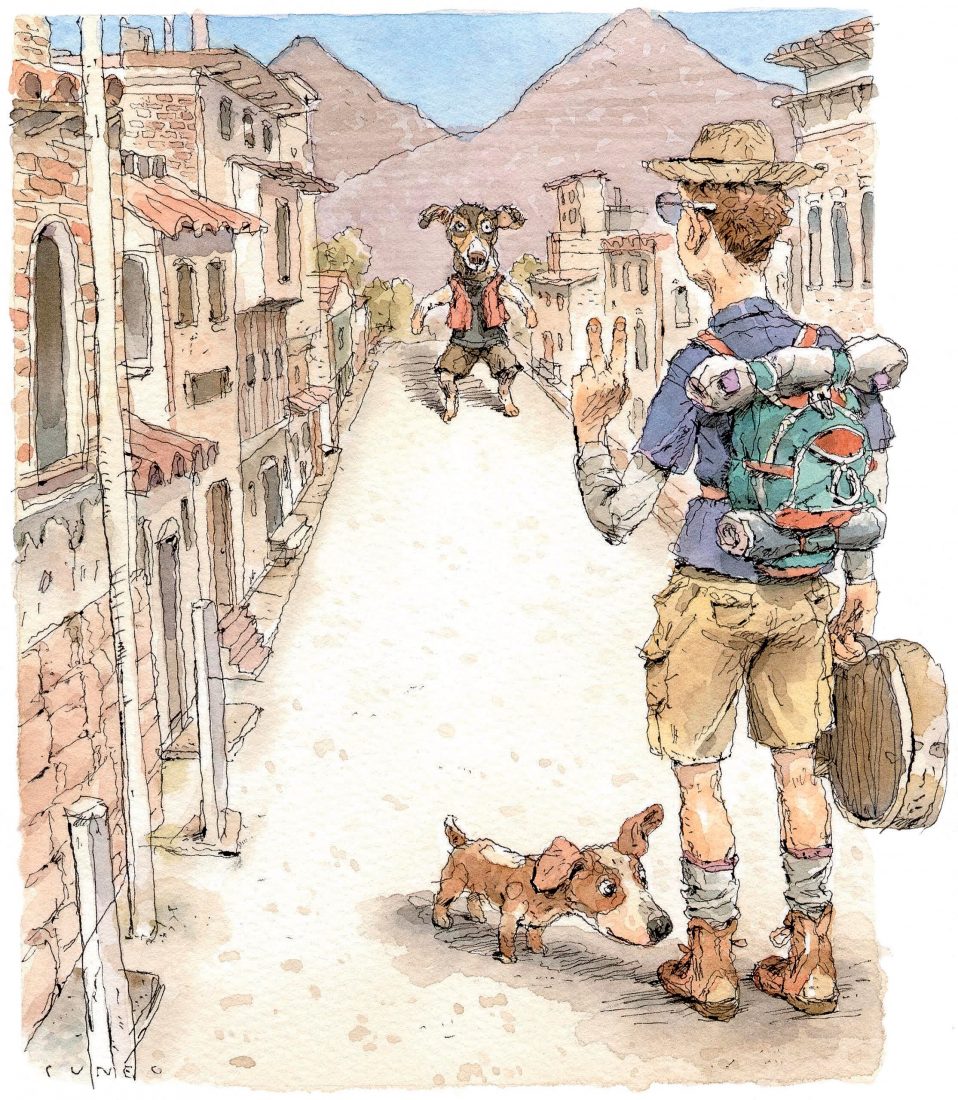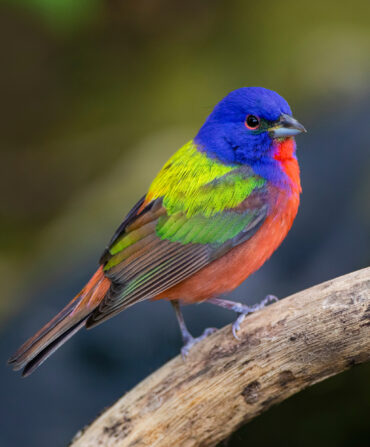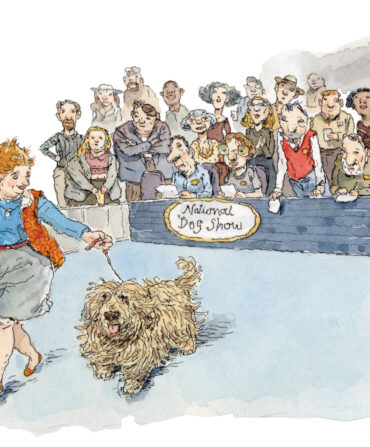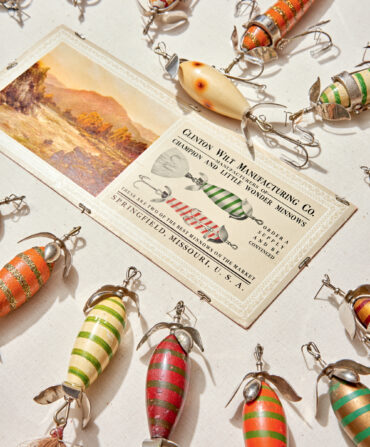Looking back, I’m not sure if he was my dog or if I was his pet gringo.
We met in Marquina, a freeze-dried and sun-scorched Quechua village in the foothills of the Andes in Bolivia. After a three-thousand-mile journey, I hopped out of a Land Cruiser and took one step toward what would become my new home for a short while. Lobo stood from the dust and debris, set eyes on me, and lorded over what he knew to be his home—permanently. With no one around, I laid my backpack down between us and waited. I kept an eye on the big canine, who looked to be about seventy pounds, and tried to digest an alien world painted by the pink light of a mountain sunset and competing smells of sweet eucalyptus, burning plastic, and an umami scent I would come to know to be cuy (guinea pig) and papas (potatoes) on the stove.
A gremlin of a puppy burst from under a rusty Corolla. He ran over, hind legs gaining on front, bounced off my shin, and gnawed my bootlaces. I rubbed his belly. He licked my nose. Then it all went bad. Someone shouted. I looked up. Lobo was closing in. Drunk on puppy breath, I reached out to pet him. He reached for me, too—with his teeth. And in a blur I learned all I needed to know about Bolivian dogs. I escaped with a scrape before the encounter turned bloody.
I know it was stupid. But in my defense, I’d just landed in Bolivia for a two-year stint with the Peace Corps. All I owned fit in a guitar case and a 3,200-cubic-inch pack. My grandmother had recently died. My father shortly before that. I’d traded my family place in Mississippi for what I’d soon learn to call home: a 12 x 12 cinder-block hovel with a desk, a chair, a lightbulb, and a corn-shuck bed covered in a mosquito net to protect me from a half dozen blood-borne diseases. To top it off, at the Jackson airport three days before, I’d given my border collie, Jack, to the girlfriend I was also leaving. No one had ever needed a dog like I needed a dog right then, and Lobo’s black coat, white socks, and two-toned face made him look a little like Jack’s big brother. So I was half duped and wholly desperate when I went in for a touch of comfort. And Lobo let me know I’d rushed it.
That dog held a grudge. For a month my life went something like this: Wake up. Check for Lobo. Scurry to the outhouse. See Lobo working a boxer’s angles to close the distance. Whistle for help. Someone calls off Lobo. Sneak back to my room. Toast and Nescafé. Study. Go outside to pet the puppy. Watch for Lobo. Outhouse. Spanish class. Papas and Nescafé. Study. Watch for Lobo. Retreat to the safety of my mosquito net and sleeping bag. Rinse and repeat.
Some evenings, I’d walk down the hill for a Coke and a chance to visit a different outhouse, where I’d have to sneak past Lobo’s counterpart: Tarzan. Usually, he’d chase me back up the hill, mauling the rocks I lobbed at him. About halfway home, two little dogs I called the Twins would leap off a rock wall at my head. I’d duck them and run harder, then celebrate the coming safety of my door until I remembered Lobo would be waiting.
Eventually, I learned that “Piedras!” (stones) was a warning for me to gather rocks because some stealthy canine was coming, though by then dysentery had stolen my reflexes and thirty pounds, so I resorted to carrying a stick. Every day—every sip of water, every encounter with a dog—was a test. And at the end of each day, there was the puppy and there was Lobo.
It was a Sunday when things fell apart. I recall because of how the sun shone on my host family as they walked up the gravel road from the dusty white chapel, bathing them in a light so warm and easy that when I close my eyes I can still see them. The family patriarch, Don Pedro, wore a 1940s-style hat. He, his son Johnny, son-in-law Ramiro, and grandson Kevin (pronounced Ke Bean) each wore crisp black trousers, pressed white shirts, and black shoes shined so fine you could watch in them the clouds floating past the eucalyptus treetops. Doña Alicia, my host mother, wore a bowler cap and two long gray braids in the Quechua tradition. She, like her daughter Miriam and granddaughter Noelia, wore a multilayered skirt as sturdy and resilient as they were.
The puppy was napping in his favorite spot under the Corolla as Johnny got in the car to go to work. He started the engine. I waved. I tried to yell. I didn’t know how to say, “Stop!” So he didn’t. Before the puppy knew what was happening it was over.
No one cried. Even the kids just shook their heads. Johnny went to work. Doña Alicia put cuy and papas on for dinner. I sat on a stump, watching the kids play. Lobo stood from his spot in the shade and walked within arm’s reach of me to go smell the puppy. Before either of us knew I was reaching, my hand slid down his muscled back. Maybe the sight of the dead puppy had softened him for a moment. Maybe he just felt sorry for the sad, dusty, dehydrated, puffy-haired gringo and allowed me a pity pet. But he just walked on.
I didn’t see Lobo the next day. Two evenings later, I was at the bottom of the hill for that Coke when the sun went down. I’d forgotten my stick, so I collected a few rocks and tried to slip home as quietly as I could. With every step, the gravel growled cruuunch. Dust floated from the road like a cloud of flour from my grandmother’s biscuit bowl. The night sky sucked the warmth off the mountainside. Charango music and smoke swirled with the eucalyptus and plastic on the wind. And I eased along, listening for dogs.
Tarzan didn’t bark. He just appeared from the dust at my feet. Too desiccated to react, I was as good as bit. Suddenly a blur blew from the dark. Boom. It hit Tarzan, a mass of hide and teeth and eyeballs rolling across the road in the god-awfullest racket. It was Lobo. I ran and lobbed rocks downhill behind me. Before I got home, Lobo trotted up to my side, just out of reach. I was out of rocks and wasn’t about to bend down to grab any. I thought sure he would finally bite me. Instead he escorted me home. I still don’t understand it. The bully had become the bodyguard, and he stayed that way for the rest of my time in Marquina.
We didn’t rub noses as Jack and I had. We didn’t sleep in the same bed, and I didn’t follow him around with little plastic bags. It never even occurred to me to throw a stick; I needed all the good sticks I could find and he wasn’t the fetching kind. But Lobo did keep watch. No matter where I went, he was there. Not that he followed me, exactly, because he always seemed to be in the lead, just out of reach in full swagger. This was usually enough to discourage dogs from attacking me. The other times, he whipped them. He’d chase them down sometimes. I’m not one for dog violence, but I was sure glad he didn’t mind it.
After three months, I moved to the Amazon basin to live in a Chiquitano village where everything was lower, wetter, greener, flatter, fatter, and just a little bit easier. Two years later, I came back to visit Marquina, finally healthy and able to communicate with the folks who’d been so good to me in the beginning—back when their Quechua and my English had struggled to meet in an uncomfortable commons of Spanish. When I stepped to the edge of the lot, Lobo stood slowly from the dust and debris and walked over. He sat on my foot and rested his big black and white head on my hip. Kevin, Noelia, and Miriam ran out. It took Doña Alicia a minute; her knees were bad and she had papas on the stove. Don Pedro had passed away. Ramiro too. Everyone else seemed a little older. Dust, burning plastic, eucalyptus, and charango music swirled around us all. And Lobo stood sentinel over what he knew to be his.
Lobo was no dog for pet parents. He wasn’t socialized. He was no Jack. But in the Andes, where life is hard and death is near, he was exactly what he needed to be: ferocious, unyielding, strong—and as loyal as they come.








